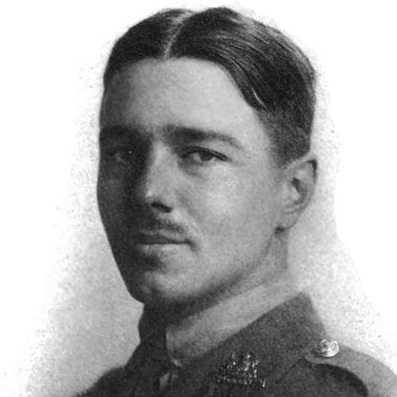 Today we observe Veterans Day, AKA Armistice Day, which marks the end of the first World War.
Today we observe Veterans Day, AKA Armistice Day, which marks the end of the first World War.
Dulce et Decorum est was written by poet Wilfred Owen in 1917, and published posthumously in 1920. Owen served as a lieutenant in the conflict. The poem is known for its horrific imagery and condemnation of war.
They don’t use poison gas too much any more (attention ISIS and Bashar Al-Assad) but phosphorous flares and drone strikes aren’t much fun either.
POCHO dedicates this poem to all our veterans in gratitude for their service and sacrifice and with the hope no child will ever be sent into war again.
*****************
Bent double, like old beggars under sacks,
Knock-kneed, coughing like hags, we cursed through sludge,
Till on the haunting flares we turned our backs
And towards our distant rest began to trudge.
Men marched asleep. Many had lost their boots
But limped on, blood-shod. All went lame; all blind;
Drunk with fatigue; deaf even to the hoots
Of tired, outstripped Five-Nines that dropped behind.
Gas! Gas! Quick, boys!---An ecstasy of fumbling,
Fitting the clumsy helmets just in time;
But someone still was yelling out and stumbling,
And flound'ring like a man in fire or lime...
Dim, through the misty panes and thick green light,
As under a green sea, I saw him drowning.
In all my dreams, before my helpless sight,
He plunges at me, guttering, choking, drowning.
If in some smothering dreams you too could pace
Behind the wagon that we flung him in,
And watch the white eyes writhing in his face,
His hanging face, like a devil's sick of sin;
If you could hear, at every jolt, the blood
Come gargling from the froth-corrupted lungs,
Obscene as cancer, bitter as the cud
Of vile, incurable sores on innocent tongues,---
My friend, you would not tell with such high zest
To children ardent for some desperate glory,
The old Lie: Dulce et decorum est
Pro patria mori.
